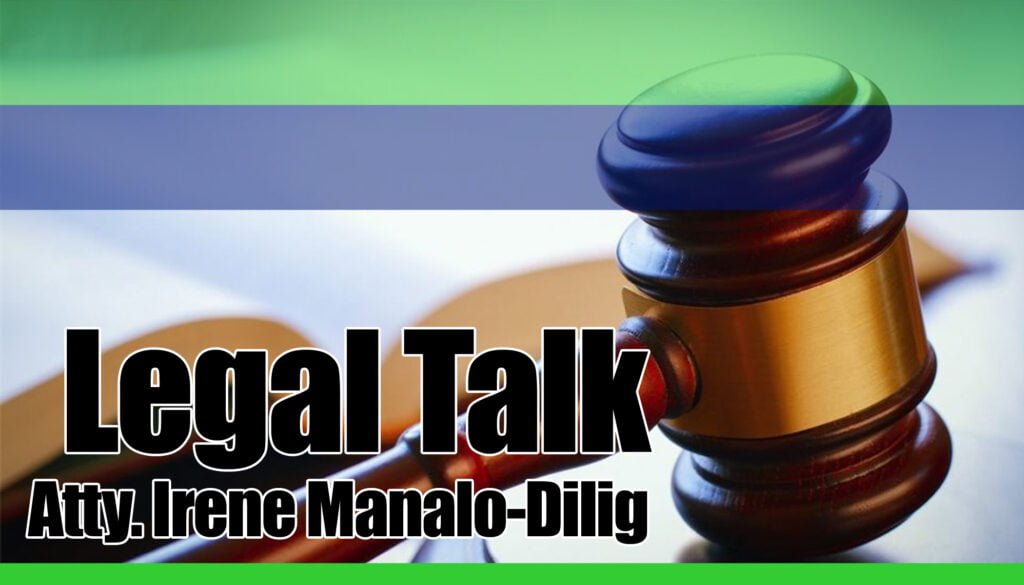
Can a parent disinherit his/her child?
Mr. Sy is a rich businessman with 3 children namely, Simon, Peter and Paul. Simon and Peter helped with the family business while Paul splurges and squanders the family’s money. Mr. Sy wants to disinherit Paul.
Is it possible?
Under the Civil Code of the Philippines, Compulsory Heirs are those certain heirs who are entitled to inherit from a testator’s property.
This inheritance, called the legitime, is that part of the testator’s property which the latter cannot dispose of because the law itself has reserved it for the compulsory heirs.
Who are considered as compulsory heirs?
In simpler terms, our Civil Code, in relation to the Family Code of the Philippines, considers the following as compulsory heirs:
- Legitimate children and descendants, with respect to their legitimate
- parents and ascendants;
- In default of legitimate children and descendants, the legitimate parents and ascendants;
- The widow or widower;
- Illegitimate children;
Upon the death of a person, compulsory heirs will inherit the estate of the deceased in the manner provided under the Philippine laws on succession.
However, a compulsory heir may be deprived of his legitime. For disinheritance to be valid, the law requires that it is effected through a valid will. And the will should specify the legal cause for disinheritance as enumerated by law.
In keeping with the problem of Mr. Sy, children and their descendants, whether legitimate or illegitimate, may be disinherited when he/she:
- Is found guilty of an attempt against the life of the testator, his/her spouse, descendants, or ascendants;
- Has accused the testator of a crime for which the law prescribes imprisonment for 6 years or more, if the accusation has been found groundless;
- Has been convicted of adultery or concubinage with the spouse of the testator;
- By fraud, violence, intimidation, or undue influence causes the testator to make a will or to change one already made;
- Refuses, without justifiable cause to support the parent or ascendant who disinherits such child or descendant;
- Maltreats the testator by word or deed;
- Leads a dishonorable or disgraceful life;
- Is convicted of a crime which carries with it the penalty of civil interdiction.
Should the disinherited child or descendant deny the cause/s for disinheritance, the other heirs of the testator must duly prove the truthfulness of the grounds.
Mr. Sy may not have valid grounds to disinherit Paul. Splurging and squandering the family’s money is not one of the grounds for disinheritance enumerated by law. However, if Mr. Sy believes that the actions of Paul causes dishonor or disgrace to himself and to the family, and the remaining heirs of Mr. Sy are able to prove it, then Paul may just be validly disinherited.



